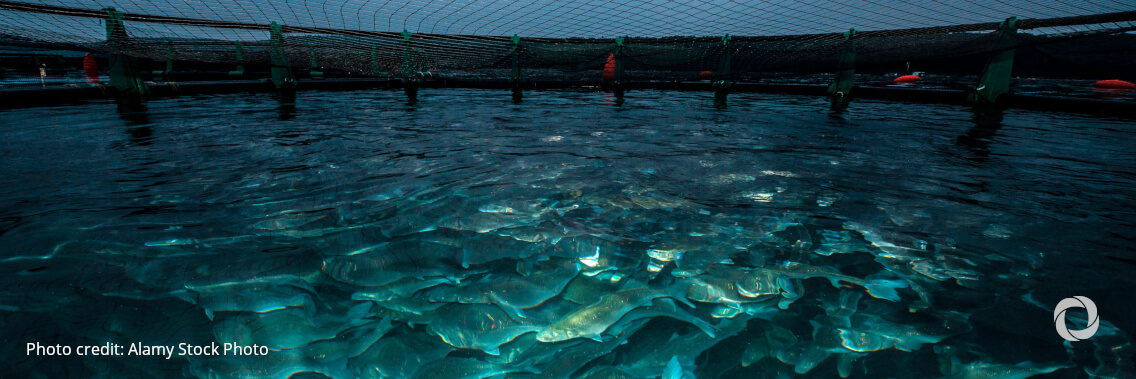Harnessing aquaculture’s potential to effectively contribute to feeding the world’s growing population in the decades to come will require concerted efforts to promote sustainable enterprises and decent work for its workforce.
These are among the main conclusions of the Technical meeting on the future of work in aquaculture in the context of the rural economy (13-17 December 2021) that brought together representatives from governments, employers, and workers at the ILO to discuss decent work challenges and opportunities in the aquaculture sector.
In recent decades aquaculture has made important contributions to reducing poverty and hunger in many impoverished rural communities. It remains an important source of livelihoods and food for many rural workers. At least 20.5 million people work in primary aquaculture production. Many more are engaged along the aquaculture supply chain.
With a growing world population and environmental pressures, aquaculture is increasingly recognized as holding potential for sustainably addressing challenges of food and nutritional security. In a number of developing countries, there is also a growing appreciation of its role in enterprise development, job creation, and livelihood diversification, especially for the rural poor. In order to promote the sustainability and growth of the aquaculture sector and harness its potential to advance sustainable development, inclusive growth, and decent work, there needs to be a stronger focus on addressing employment and labor challenges facing the sector.
“If we are to ensure that the aquaculture industry will contribute to inclusive growth and decent work opportunities for more women and men we must create a level playing field and an enabling environment for sustainable production and for workers to enjoy their rights at work,” said Magnús Magnússon Norɖdahl, Chairperson of the meeting.
“Sustainable and inclusive growth in the aquaculture industry could further be beneficial in terms of increasing income and livelihoods for many rural communities, both coastal and inland, and in this process, also contribute to governments’ efforts in alleviating rural poverty,” added Fatih Acar, Government group Vice-Chairperson.
The impact of the COVID-19 pandemic has been felt by both businesses and workers in the sector. Workers, especially in processing, have been at heightened risk of exposure to the virus, with the long working hours in close quarters and low temperatures. Businesses have struggled to remain viable, which has been reflected in reduced working hours or lay-offs, impacting the livelihood of workers and their families. The lessons learned from the crisis should encourage reforms towards more sustainable and resilient aquaculture and food systems more generally.
“The current pandemic has exacerbated decent work deficits in the sector. But many of these deficits had existed long before its outbreak” said Krisjan Bragason, Workers’ group Vice-Chairperson. “Social dialogue, based on the respect of freedom of association and the effective recognition of the right to collective bargaining, is the key to finding solutions that work for all.”
“Coherent policy frameworks should be created that focus on sustainable enterprise development and productivity improvements, the promotion of inclusive labor markets, skills development and adequate social dialogue mechanisms which involve Employers’ federations. All these elements will drive and enable the future growth of the sector,” said Employers’ group Vice-Chair, Henrik Munthe.
The meeting adopted conclusions that will assist governments, workers, and employers to take measures to tap the potential of the sector to support full and productive employment and decent work for all, so contributing to food and nutrition security and making sure that no one is left behind.

